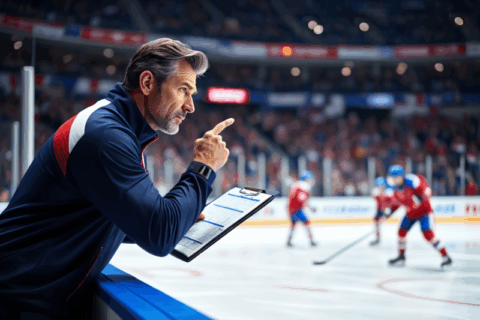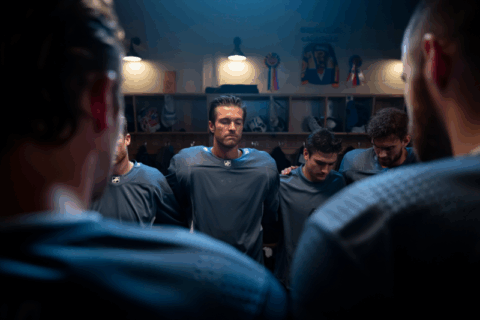Understanding the Psychology of Momentum in Sports
In the fast-paced world of modern hockey and ice sports, the difference between victory and defeat often hinges on more than just physical skill — it’s heavily influenced by the mental and emotional states of players. Recognizing and harnessing the power of emotional momentum can propel athletes to new heights, transforming fleeting feelings into sustainable performance.
At the core of our site, which celebrates the art of speed and strength, lies a compelling truth: the emotional landscape on ice directly impacts game outcomes. Whether it’s the surge of adrenaline after a great play or the slump caused by a mistake, understanding these emotional dynamics is essential for any serious athlete or coach.
How Emotions Influence Sports Performance on Ice
The Role of Emotional States in Athletic Performance
Emotions act as powerful drivers that can either enhance or hinder your ability to perform:
- Positive Emotions: Confidence, excitement, focus, and motivation fuel energy, improve decision-making, and foster resilience.
- Negative Emotions: Frustration, anxiety, fear, and doubt can impair judgment, slow reaction times, and cause mental fatigue.
The Science Behind Momentum and Emotion
Neuroscience reveals that emotional momentum creates a feedback loop:
- When an athlete experiences a successful play, dopamine levels rise, boosting confidence and motivation.
- Conversely, mistakes can trigger cortisol release, leading to stress and potential performance decline—a phenomenon known as choking under pressure.
Harnessing this emotional rhythm—knowing how to sustain positive momentum—is the key to consistent excellence.
Strategies to Harness Emotional Momentum for Peak Performance
1. Mental Visualization and Pre-Game Rituals
Visualization primes your brain to recreate successful scenarios, anchoring positive emotions before games. Incorporate routines like:
- Imagining clutch plays
- Repeating motivational affirmations
- Breathing exercises to calm nerves
2. Cultivating Emotional Resilience
Resilience helps players recover swiftly from setbacks:
- Focus on controllable factors
- Develop mindfulness to stay present
- Reframe mistakes as opportunities for growth
3. Developing Peak Focus and Emotional Control
Maintaining focus amidst chaos is vital:
| Technique | Benefits | How to Practice |
| Centring Breaths | Reduces anxiety, sharpens focus | Deep, slow inhalation and exhalation |
| Anchoring | Creates emotional anchors through cues or gestures | Using a specific gesture to trigger confidence |
| Positive Self-Talk | Replaces negative thoughts with empowering ones | Practice affirmations regularly |
4. Building a Supportive Team Environment
Team cohesion fuels collective emotional momentum:
- Celebrate small successes
- Foster open communication
- Share motivational stories and visuals
Frequently Asked Questions
Why are emotions so important in ice hockey and modern sports?
Emotions influence focus, decision-making, and physical performance. In hockey, split-second choices can determine the game’s outcome, making emotional control crucial.
How can athletes improve their mental momentum?
Consistent mental training—such as visualization, mindfulness, and resilience exercises—can reinforce positive emotional states, creating a cycle of increasing confidence and performance.
What role do coaches play in managing team emotions?
Coaches set the tone and environment. Effective leaders recognize emotional highs and lows, providing motivational support and strategies to maintain collective momentum.
The art of speed and strength is incomplete without mastery over the emotional elements that drive performance. By understanding the psychology of momentum and actively managing emotional states, athletes can elevate their game—transforming fleeting feelings into a sustained power that wins matches.
Discover now how your emotional states influence your play and learn proven strategies to harness mental momentum—turn your passion into unstoppable performance on ice.
*Elevate your game by blending physical mastery with emotional intelligence. The ice is not just a battleground for strength and speed but a canvas for the artistry of emotional resilience.*



